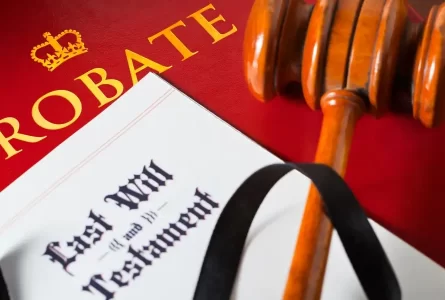Blog
Massachusetts Healthcare Proxy Laws 2025: What Bostonians Need…
On Behalf of Albanese Law, LLC
If you want to ensure your medical preferences are respected during a…
Probate Process in Boston, MA: A Step-by-Step Guide
On Behalf of Albanese Law, LLC
When a loved one dies, one of the many things you must…
Why Retirement and Estate Planning Should Be Considered…
On Behalf of Albanese Law, LLC
We all know the adage, “in this world, nothing is certain except…
Using Lifetime Gifts to Reduce Estate Taxes in…
On Behalf of Albanese Law, LLC
As of January 1, 2011, the Federal Tax Relief Act reinstated the…
Why You Should Include Digital Assets in Your…
On Behalf of Albanese Law, LLC
As people become more dependent on computers, they are storing more information…
Living Trust vs Will in Massachusetts: What’s the…
On Behalf of Albanese Law, LLC
For any individual, no matter your age or wealth status, having a…
Common Estate Planning Mistakes to Avoid in Boston,…
On Behalf of Albanese Law, LLC
It can be daunting to start planning ahead for your family’s future…
What happens if creditors make a claim during…
On Behalf of Albanese Law, LLC
During the probate process, creditors have the right to make claims against…
How to protect your estate from estate taxes
On Behalf of Albanese Law, LLC
Massachusetts imposes estate taxes on estates exceeding $1 million in value, which…
What role do supplemental needs trusts play in…
On Behalf of Albanese Law, LLC
Medicaid planning for individuals with disabilities often involves careful financial structuring to…







